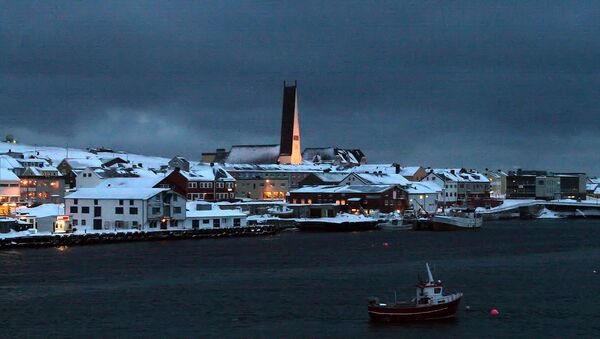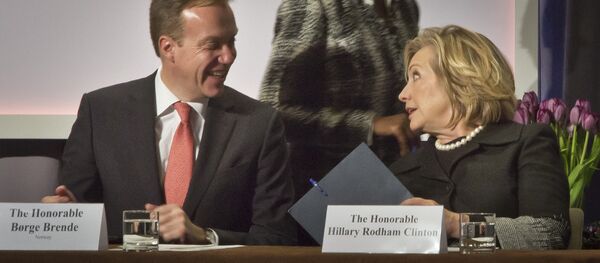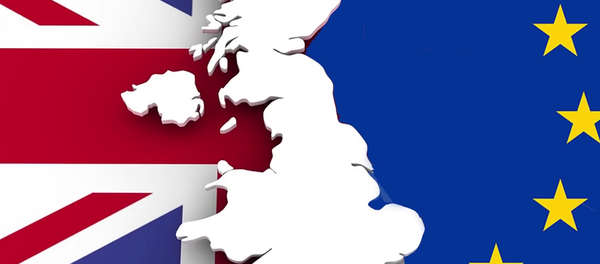However, Norway's glossy image could have crumbled for the British if they were privy to the ongoing debate in Norway.
"It's a terribly bad idea for Great Britain to exit. If Brits take a conscious decision to relinquish their say in the EU, it will be a strange choice indeed," Director of the World Economic Forum and former Labor Party leader Espen Eide told the Norwegian newspaper Dagbladet.
Previously, former Europe Minister Vidar Helgesen and Prime Minister Erna Solberg warned the Brits against following Norway's example.
Other notable opponents of the Norwegian model have argued that Norway in practice must comply with all EU rules and generously contribute to the union's coffers, without actually having anything to say politically. This argument is now beginning to gain increasing resonance across the UK.
"Norway offers a worrying glimpse of the future for post-Brexit Britain if staying in the single market: forced to follow laws laid down in Brussels and to pay for this privilege, but with no chance to shape the rules in our interests: the worst of all worlds," Mail on Sunday's foreign reporter Ian Birrell wrote in a critical piece upon visiting Norway.
Recently, British authorities compiled the report "Alternatives to membership," where the Norwegian model as analyzed in-depth over multiple pages. The bitter conclusion was in fact that Norway has little ability to influence decision-makers in Brussels.
In monetary terms, Norway contributes annually more than 400 million dollars through European Economic Area donations and about 500 million to the EU's cooperation program. According to calculations by the British authorities, Norway contributes about 156 dollars per person to the EU budget, which is totally comparable to the United Kingdom's present output of about 186 dollars per person. On the other hand, Norway follows three quarters of the EU legislation, compared to countries which are 100 percent integrated, bar agriculture and fisheries.
Norway's current arrangement is the result of two referendums, in 1972 and 1994, which both ended in a marginal victory for the no side.





